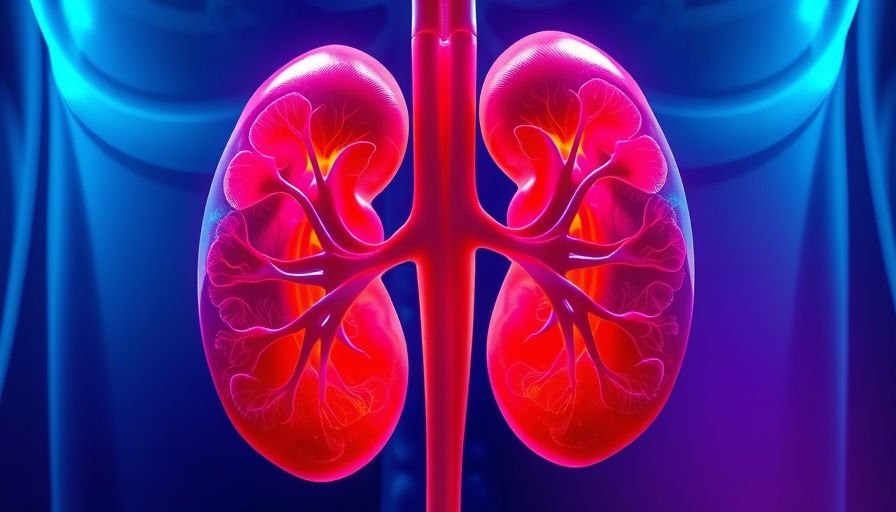
The Impact of Anticoagulants on Dialysis Patients
As healthcare providers, understanding the implications of anticoagulant therapy for patients with end-stage kidney disease (ESKD) undergoing hemodialysis is crucial. Graft thrombosis remains a significant concern, leading to potentially life-threatening complications. Recent investigations into MK-2060, a novel anticoagulant designed to target factor XI, aimed to provide hope for better outcomes. However, recent results have raised critical questions regarding efficacy in the ESKD population.
MK-2060: A Novel Approach to Anticoagulation
The study presented at this year’s European Renal Association (ERA) congress involved 502 patients with ESKD, revealing that neither dosage of MK-2060 outperformed the placebo when it came to preventing arteriovenous graft (AVG) thrombosis events. The study, led by Dr. Wolfgang Winkelmayer, indicated that the median time to AVG thrombosis was disappointing, with no significant differences identified across dosage groups. The findings highlighted the urgent necessity for further research into effective anticoagulation strategies tailored for this high-risk patient population.
The Risks Associated with Anticoagulation Therapy
Patients with kidney failure who are on hemodialysis are at a higher risk of thromboembolic events. Incongruences arise due to the complex nature of this population; they exhibit peculiar characteristics related to bleeding and clotting. As Dr. Winkelmayer pointed out, while general anticoagulants can decrease thromboembolic risks, the heightened risk of bleeding complications complicates treatment adequacy in patients with renal dysfunction. Thus, finding a balance between preventing thrombosis and avoiding excessive bleeding becomes paramount.
Importance of Continuous Research and Adaptation
The concept of targeting factor XI has generated considerable enthusiasm in the medical community due to its novel mechanism that proposes a safer anticoagulant profile. Despite MK-2060's recent underperformance, it could lay the groundwork for future trials leading to better-informed strategies in blood management. The need for adaptations in clinical practices emphasizes continual learning and adaptation, foundational principles in modern medicine.
Seeking Holistic Solutions for Patient Care
As we confront clinical uncertainties, it becomes increasingly important to integrate new evidence-based practices into routine care. Stakeholders in the healthcare sector, including medical directors and clinicians, must remain proactive in assessing emerging research findings. The challenges faced by patients on hemodialysis reveal the urgent need for collaborations among physicians, researchers, and healthcare policy makers to design innovative treatments and guidelines that address the complexities of patient care in this vulnerable group.
Call to Action: Engage with Current Findings!
As new discoveries unfold, medical professionals must stay informed. Engaging in continuing educational opportunities and discussions around advancements in clinical research is crucial. The insights shared from the recent trial of MK-2060 not only reflect the challenges with anticoagulants but demand introspection about appropriating clinical practices for ESKD populations.
Healthcare providers are encouraged to subscribe to key clinical research updates and provider education resources to ensure they are at the forefront of innovation and evidence-based practice. Let's pave the way to enhanced patient safety and care quality together.
 Add Row
Add Row  Add
Add 




Write A Comment